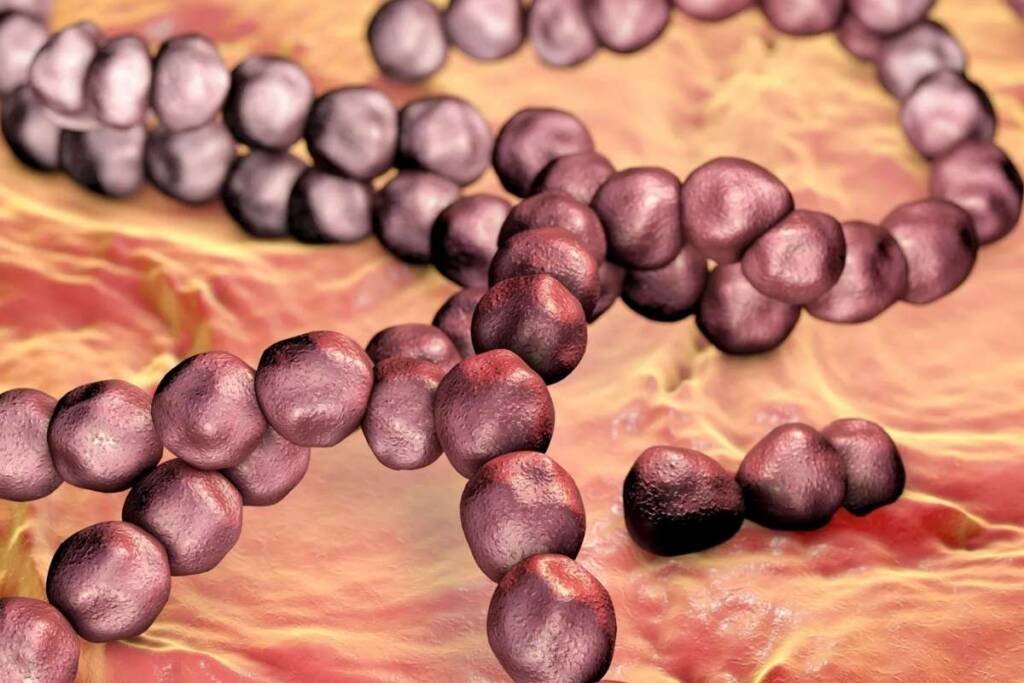Source – Pfizer
On July 19, Pfizer released promising data from a Phase II study of their GBS6 vaccine candidate, designed to protect infants from invasive Group B Streptococcus (GBS) disease. The study focused on maternal administration to transfer protection to newborns. In the second stage of the study, which involved 360 healthy pregnant participants, GBS6 elicited strong maternal antibody responses against the six GBS CPS serotypes present in the vaccine. These antibodies were effectively passed on to infants at varying rates depending on the GBS6 group.
The Phase II study’s immunogenicity data, along with a parallel natural history study conducted in South Africa, suggest that GBS6 could offer meaningful protection against invasive GBS disease in newborns and young infants. The findings were published in The New England Journal of Medicine (NEJM) and will influence the upcoming Phase III clinical development program.
In terms of safety, both mothers and infants exhibited a similar profile between the vaccine and placebo groups. Local reactions were generally mild or moderate and short-lived, with pain at the injection site being the most frequently reported event. Systemic events were comparable between the GBS6 and placebo groups, mostly being mild or moderate. Fever was reported by 2 to 8% of participants in the GBS6 groups, depending on the dose, and by 5% of those in the placebo group. Adverse events (AEs) occurred in 45 to 70% of pregnant individuals in the GBS6 groups, depending on dose, and in 61% of those in the placebo group. The most common AEs and serious adverse events (SAEs) were related to pregnancy. Among infants, AEs occurred in 62 to 75% of participants in the GBS6 groups, depending on dose, and in 74% of those in the placebo group. No SAEs were considered related to the vaccine candidate.
“Group B Streptococcus can cause potentially devastating diseases in infants, including sepsis, pneumonia and meningitis. Annually, there are nearly 400,000 cases of infant disease and approximately 138,000 stillbirths and infant deaths worldwide due to GBS. The findings published in NEJM provide hope that maternal vaccination with GBS6 may protect infants against GBS, potentially helping to prevent thousands of cases of illness annually, if it is successfully developed and approved. Building on decades of expertise and knowledge in vaccines, we are committed to helping protect newborns and young infants through maternal immunization.”
– Annaliesa Anderson, Ph.D., Senior Vice President and Chief Scientific Officer, Vaccine Research and Development, Pfizer
The Phase II placebo-controlled study was divided into three stages.
- Stage I : Evaluated safety and immunogenicity in 66 healthy, nonpregnant individuals in South Africa.
- Stage II : The focus of the NEJM publication is evaluating safety and immunogenicity in 360 healthy pregnant individuals aged 18 to 40 years and their infants in South Africa. Participants were randomly assigned to receive a single dose of GBS6 formulated at 5, 10 or 20 µg/serotype, with or without an AlPO4 adjuvantor placebo, given from late second trimester. The highest antibody responses were generally observed with the GBS6 20 µg dose, formulated without an aluminum phosphate (AlPO4) adjuvant.
- Stage III : A final formulation is being evaluated in 216 healthy pregnant individuals and their infants in South Africa, the US and UK
The NEJM also reported a parallel natural history study in South Africa, which involved about 18,000 mother-infant pairs. The study aimed to estimate the levels of anti-CPS immunoglobulin (IgG) antibodies in infant sera that correlate with the risk of invasive GBS disease up to 89 days after birth. Comparing the antibody levels obtained from the GBS6 vaccine-induced immunity in infants from the Phase II study with naturally acquired anti-CPS IgG concentrations from the second study, researchers determined the percentage of infants with antibody levels that exceeded protective thresholds.
Naturally acquired anti-CPS IgG concentrations were associated with reduced disease risk in the natural history study, particularly for certain GBS6 serotypes. The GBS6 vaccine showed promising results, achieving seroresponder rates ranging from 57% to 97% for the most immunogenic formulation in the second stage of the Phase II study among infants born to immunized mothers with antibody levels above the protective threshold.





























